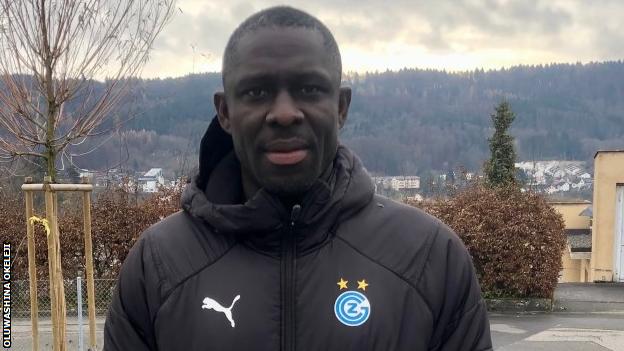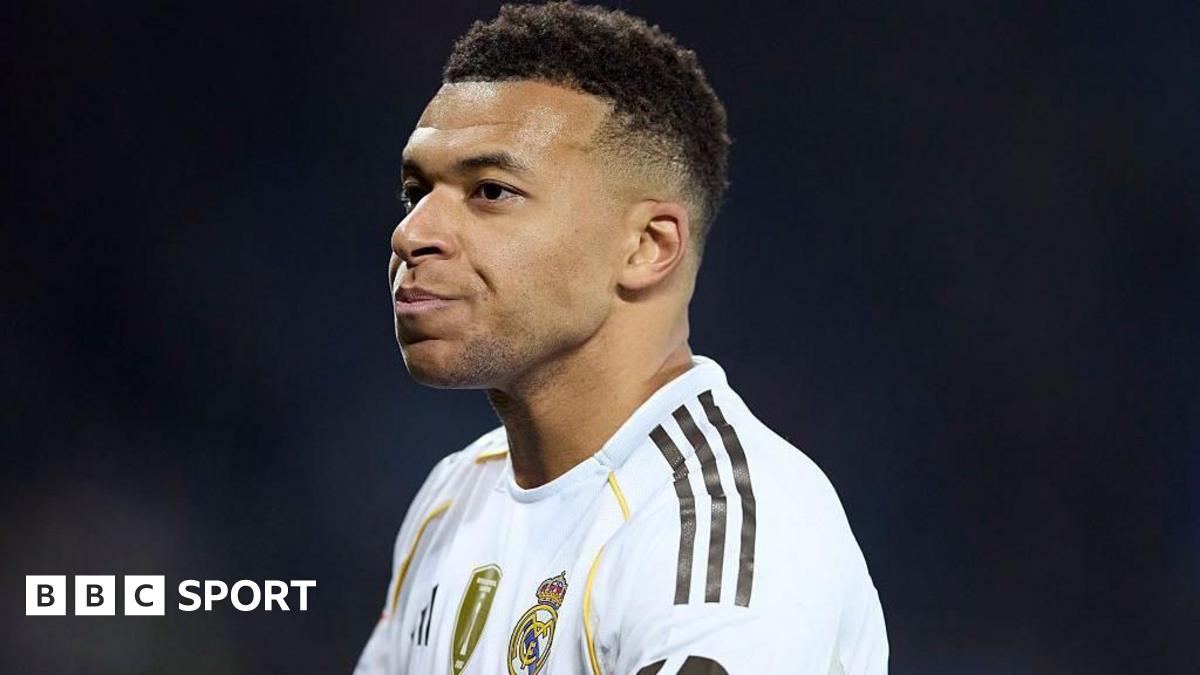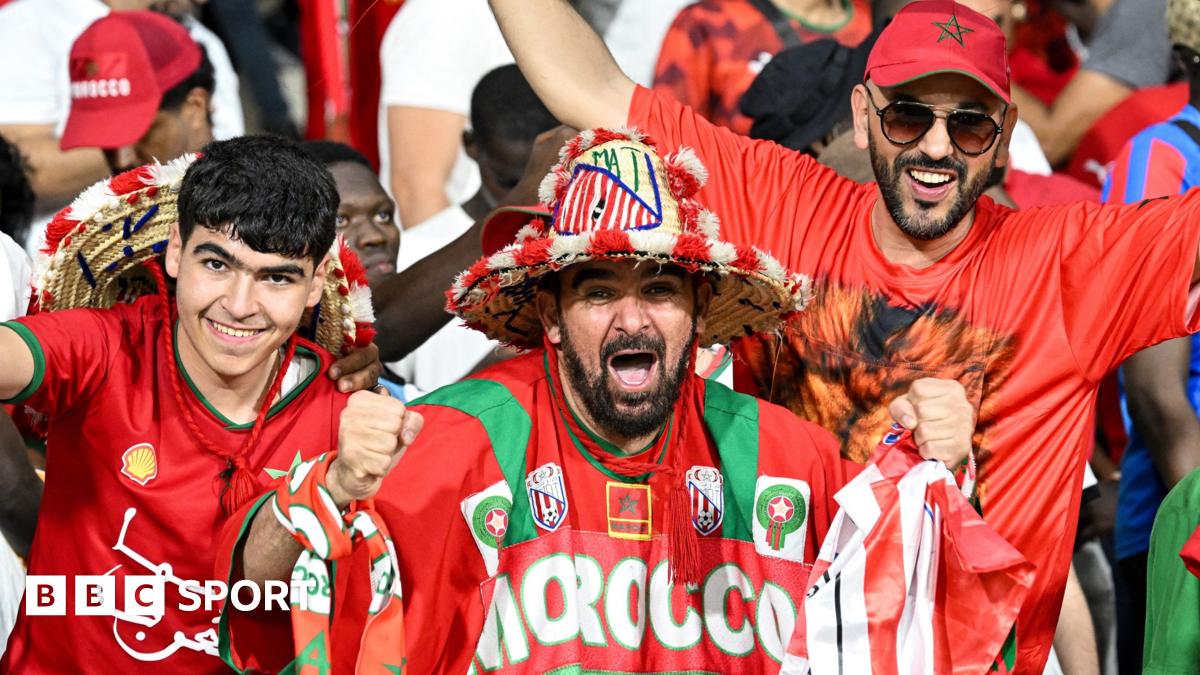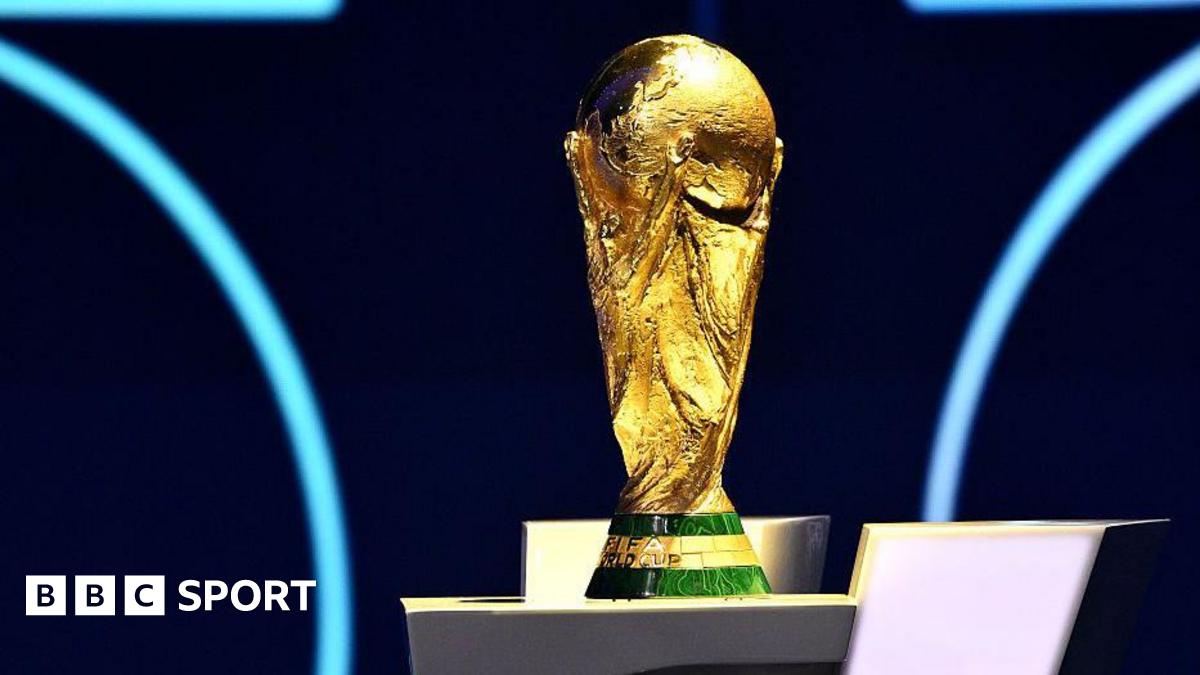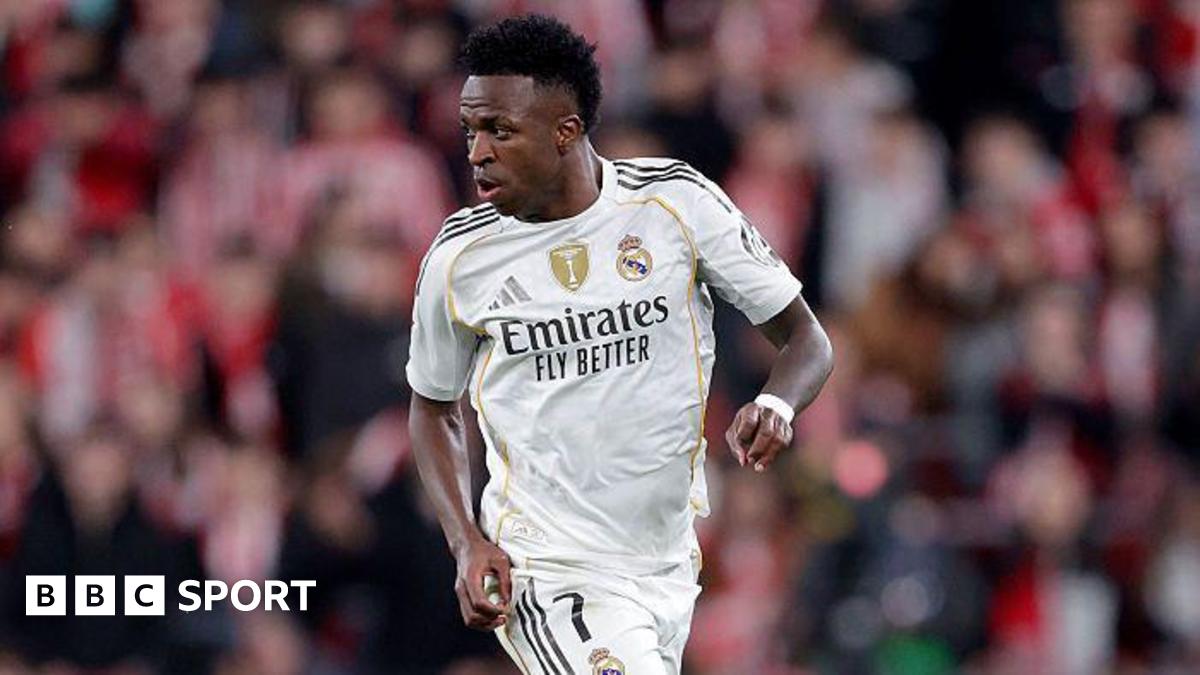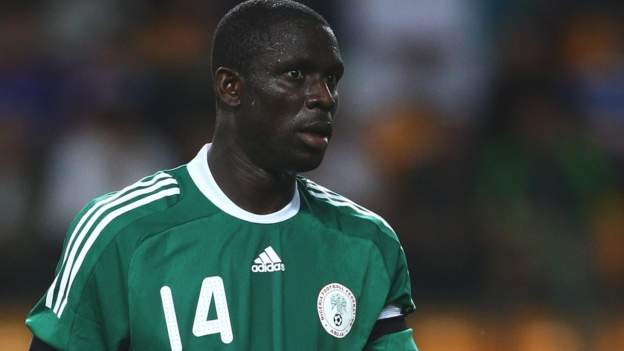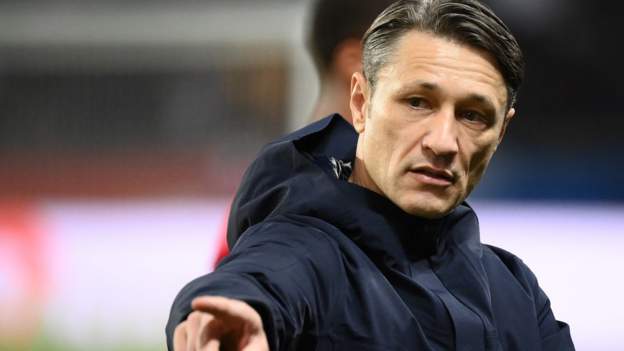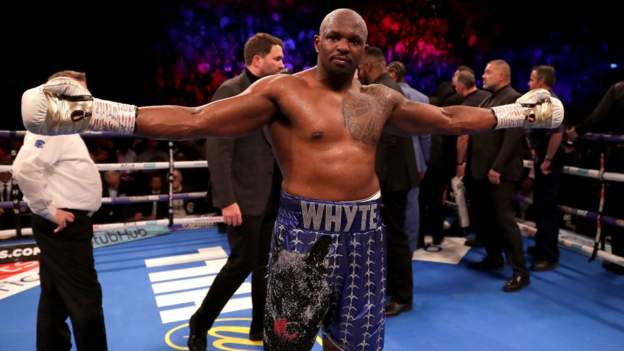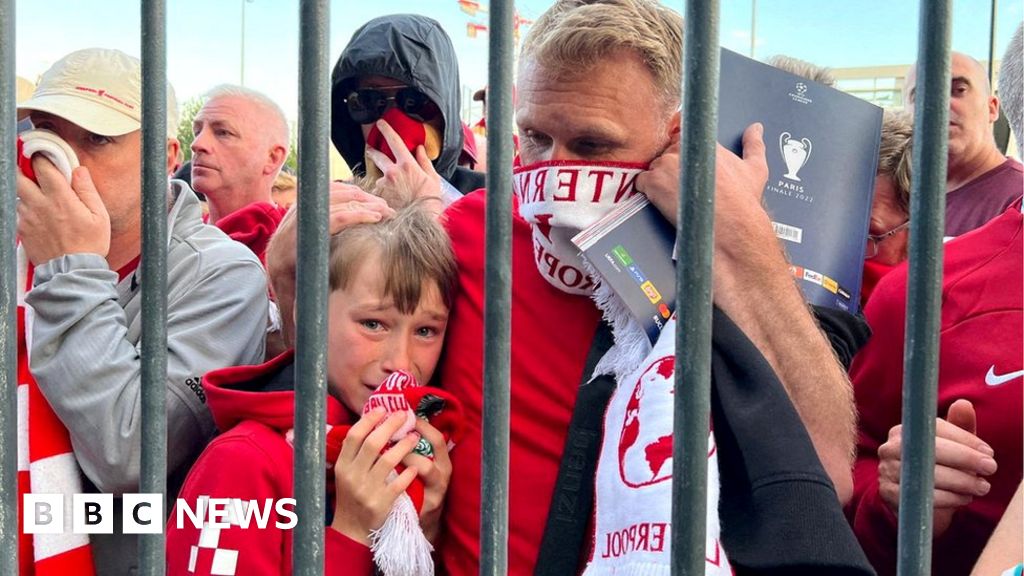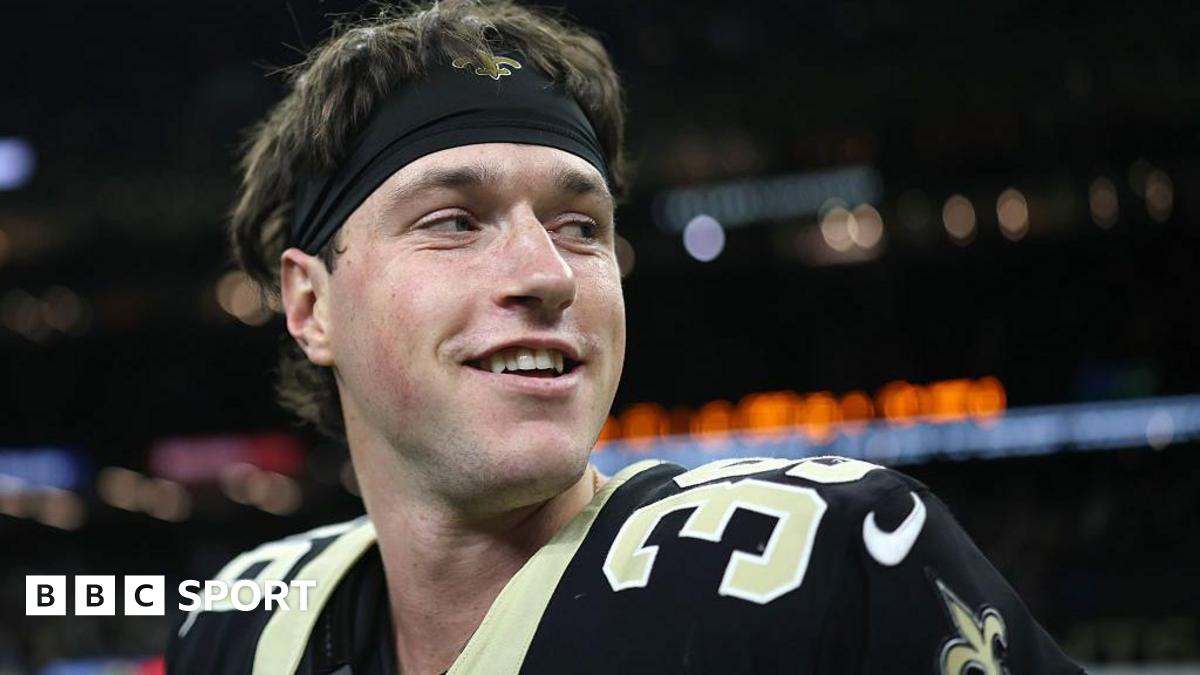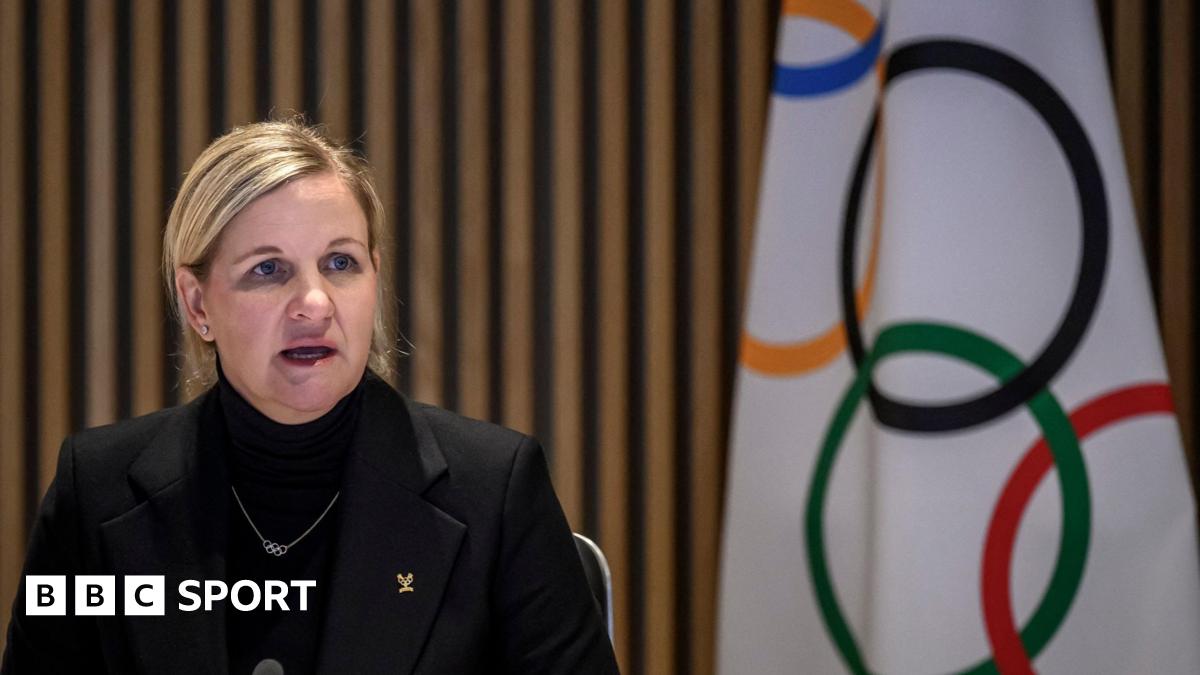As Nigeria prepare to mount their bid for a fourth Africa Cup of Nations title, their lack of forward planning and overall philosophy has been criticised by one former international.
The Super Eagles are often seen as underachievers when it comes to African football, despite being the most populous nation on the continent with a deep-rooted passion for the sport and a string of talented players.
Long-serving national team coach Gernot Rohr was sacked barely a month before the tournament in Cameroon kicks off on 9 January, having faced intense criticism for poor results against lower-ranked opponents during 2022 World Cup qualifying.
Austin Eguavoen was placed in temporary charge for the Nations Cup, but the Nigeria Football Federation (NFF) then announced Jose Peseiro as Rohr’s successor on 29 December.
However, the Portuguese is set to travel to the tournament as “an observer”, rather than take over immediately.
Seyi Olofinjana, who won over 50 caps for the Super Eagles, believes there needs to be a change of attitude for Nigeria to match its lofty expectations.
“The talents have never been the problem of Nigeria. I think it (the problem) is in the philosophy, it’s in the structure,” he told BBC Sport Africa.
“I think we are living in the moment as a people. We think ‘What can we do in the next Nations Cup?’ without thinking further ahead.”
Nigeria will face seven-time winners Egypt, Sudan and Guinea-Bissau in Group D at the Nations Cup, and have been hit by forwards Emmanuel Dennis and Victor Osimhen dropping out of their squad.
“We tell ourselves ‘Oh, we’ve prepared well. The boys have done well’ but there has to be a plan behind the way we play football,” Olofinjana added.
“Germany won the World Cup (in 2014) but they didn’t win it when they hosted in 2006. But there was a plan – a 10-year plan to win the World Cup.”
Future strategy for players and coach crucial
Former Wolves midfielder Olofinjana is the technical director at Grasshopper Zurich, having joined Switzerland’s most successful club in May.
He is the latest African to hold such a position in Europe after compatriot Michael Emenalo held similar roles at English Premier League side Chelsea and French club Monaco.
Olofinjana insists that any planning for the Nigerian game has to be wide-ranging as well as long-term.
“What players do we need? What does the media need to do? What refereeing education do people need to have?” the 41-year-old pointed out.
“It goes way beyond just how to win a tournament on the pitch. For a country as big as Nigeria right now, there needs to be a plan, there needs to be a philosophy.”
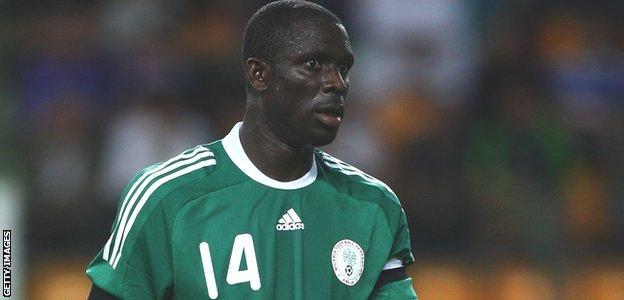
While Nigeria have struggled to make a serious impact at senior level on the global stage, the nation has enjoyed unrivalled success at other levels.
The west Africans have won a record five Under-17 World Cups, reached two finals at U20 level and claimed gold, silver and bronze medals at the Olympic Games.
Olofinjana, who holds two master’s degrees – as a sports director and a project manager, insists that any planning needs to incorporate all levels in order to bring any success.
“In the next two, three World Cups, we want to win it. What does it look like?” he asked.
“What coach would fit into that strategy? What players would fit into that strategy?
“We need to start exposing our young players to major tournaments, so that when it comes to that third World Cup they will be ready and will have had the necessary exposure.
“Now, we talk about Afcon. What preparations have gone in prior to us trying to see if we can win the Africa Cup of Nations?
“And even when we don’t win it, what next? There’s always something next. And for me, the succession plan of where we need to get to is what is missing.”
Turning down his country’s call
Since making their World Cup debut in the USA in 1994, Nigeria have reached every finals bar the 2006 edition in Germany.
They have reached the second round three times – in 1994, 1998 and 2014 – and failed to progress from a group including eventual runners-up Croatia, two-time champions Argentina and Iceland at Russia 2018.
NFF president Amaju Pinnick has often said one of his targets is to change the face of football in Nigeria, and in 2020 he approached Olofinjana about technical director’s role.
But he rejected the job, which was filled by Eguavoen.
“It was difficult, but at the same time, easy,” Olofinjana recalled.
“I think the federation made it a little bit easier for me to make that judgement call. There were certain questions I asked of the federation that they weren’t able to answer.
“What needs doing? Where do they think we are as a nation? Where do we need to get to? How quickly do we need to get to those places?
“I didn’t get answers to those questions and that is the day-to-day job for me. If there’s no clarity, there’s no going forward.
“Do I regret saying no? Absolutely not. Is there a part of me that thinks it could be a good opportunity for me to go and put myself in the history books and try to help my people? Absolutely! I’m still looking for that opportunity
“I’ll continue to knock on the door. Any day. I don’t know the day. I’m Nigerian. I can’t change that.”
